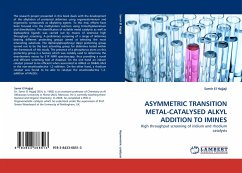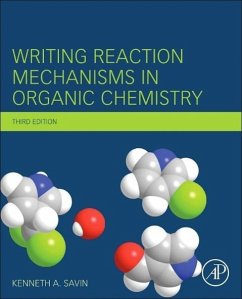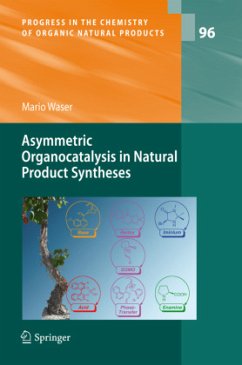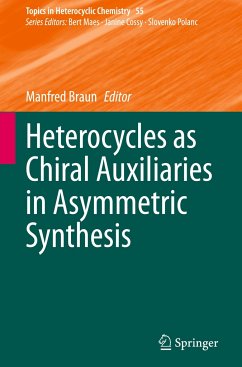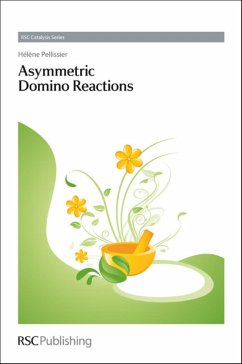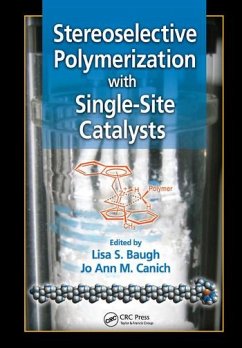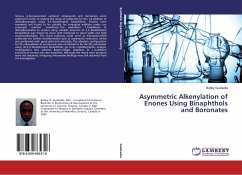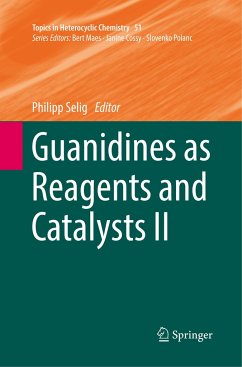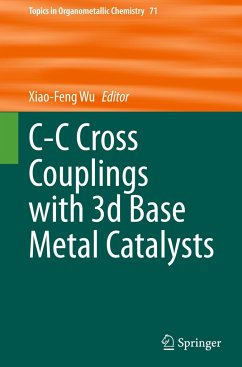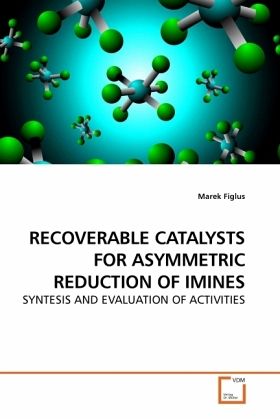
RECOVERABLE CATALYSTS FOR ASYMMETRIC REDUCTION OF IMINES
SYNTESIS AND EVALUATION OF ACTIVITIES
Versandkostenfrei!
Versandfertig in 6-10 Tagen
45,99 €
inkl. MwSt.

PAYBACK Punkte
23 °P sammeln!
Obtaining chiral amines from ketones via imine intermediates represents an attractive strategy that opens a straightforward route to valuable building blocks for the pharmaceutical and other fine chemicals industries. Metal-free oranocatalysis can be viewed as an attractive and broadly applicable methodology in which the metal is not vital for the key bond-forming event. N-methylvaline-derived formamides proved to be efficient catalysts for asymmetric reduction of prochiral ketimines with trichlorosilane, (up to 98%, 95% ee). Tagging the catalyst to a fluorous ponytail, soluble and insoluble p...
Obtaining chiral amines from ketones via imine intermediates represents an attractive strategy that opens a straightforward route to valuable building blocks for the pharmaceutical and other fine chemicals industries. Metal-free oranocatalysis can be viewed as an attractive and broadly applicable methodology in which the metal is not vital for the key bond-forming event. N-methylvaline-derived formamides proved to be efficient catalysts for asymmetric reduction of prochiral ketimines with trichlorosilane, (up to 98%, 95% ee). Tagging the catalyst to a fluorous ponytail, soluble and insoluble polymers, or gold nanoparticles simplified the isolation procedure, while preserving high activities and stereoselectivities (up to 98%, 91% ee). The recovered catalysts could be reused at least 5 times without the loss of activity or stereoselectivity. This technology appears to be particularly suited to the small-scale parallel chemistry.



